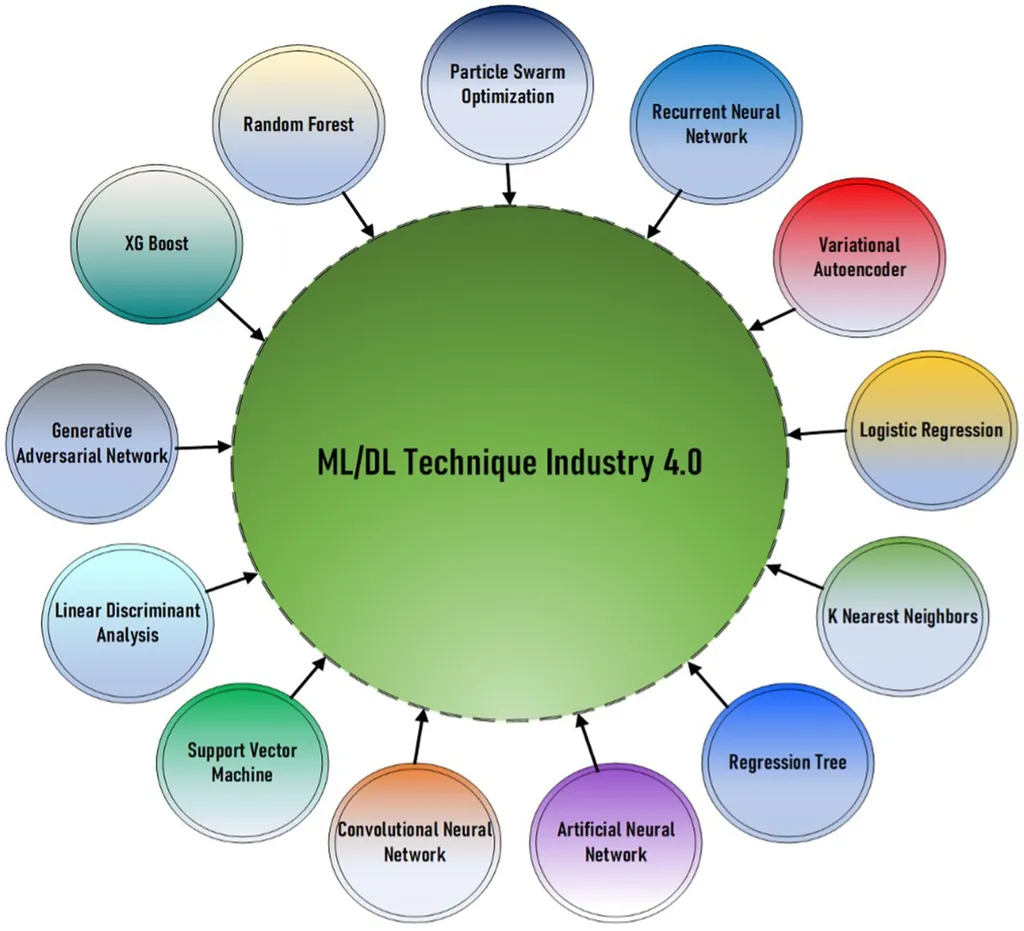In the realm of road infrastructure projects, delays are more than just an inconvenience—they’re a financial and social drain that can stretch project timelines to three times their original duration. This stark reality is the driving force behind a groundbreaking study led by Aleksandar Senić from the Faculty of Civil Engineering at the University of Belgrade. Published in the journal *Promet* (which translates to *Traffic* in English), Senić’s research delves into the intricate web of risks that plague road and highway construction, offering a beacon of hope for more accurate risk prediction and sustainable management.
Senić’s study is a breath of fresh air in an area where research has been notably scarce. By analyzing 28 completed projects and scrutinizing 25 project characteristics, Senić and his team have derived three critical project complexity coefficients. These coefficients are the cornerstone of a more nuanced understanding of risk factors that lead to delays and budget overruns.
The study doesn’t stop at identifying risks; it goes a step further by defining a list of risks based on expert evaluations and pinpointing the dominant ones. For each of these dominant risks, Senić has constructed a prediction model using Sugeno fuzzy logic. This innovative approach enables a more precise and sustainable risk management strategy for future projects.
“The beauty of this research lies in its practicality,” says Senić. “By learning from completed projects, we can derive insights that are grounded in real-world challenges. This ensures that our findings are not just theoretically sound but also highly relevant and effective in improving future project planning and risk management.”
The implications of this research are vast, particularly for the energy sector, which often relies on robust road infrastructure for the transportation of materials and equipment. Accurate risk prediction can lead to more efficient project timelines, reduced costs, and ultimately, a more sustainable approach to infrastructure development.
Senić’s work is a testament to the power of data-driven decision-making. By leveraging advanced technologies like Sugeno fuzzy logic, the construction industry can move towards a future where delays and budget overruns are not just mitigated but potentially avoided altogether.
As the world continues to grapple with the challenges of infrastructure development, Senić’s research offers a glimmer of hope. It’s a reminder that with the right tools and a deep understanding of project complexities, we can build a future where road infrastructure projects are completed on time, within budget, and with minimal environmental impact.

